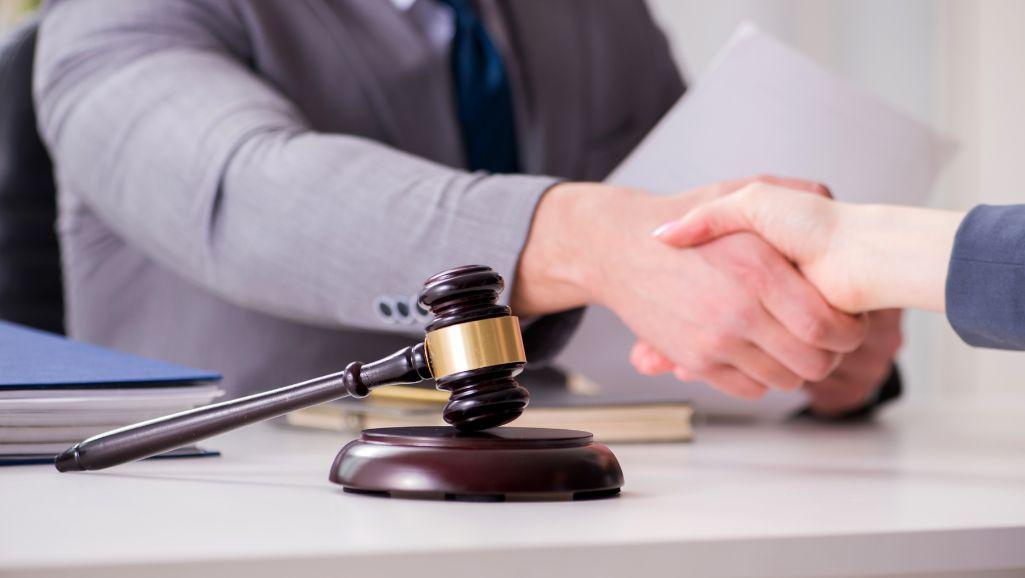Lawyer Drops Your Case – these words can send a shockwave through your legal proceedings, leaving you feeling adrift in uncertain waters. When the legal representation you depended upon suddenly withdraws, it’s natural to feel a mix of confusion and concern.
We will explore the intricacies of such a situation, shedding light on the reasons behind lawyer drops your case, the potential consequences, and how you can effectively navigate the uncharted territory that follows.

Reasons for Lawyer Drops Your Case
Understanding the motivations behind your lawyer’s withdrawal is integral to grasping the intricacies of the situation. Delve into the following potential factors:
- Professional Conflicts: Legal professionals sometimes find themselves in situations where representing a client conflicts with their existing client base or cases.
- Ethical Concerns: A strict code of ethics binds lawyers. Withdrawal may stem from a perceived ethical violation or potential conflict.
- Client Behavior Issues: Your lawyer might withdraw if faced with uncooperative or disruptive client behavior that hampers effective representation.
- Lack of Communication: Communication breakdowns can strain the attorney-client relationship, leading to withdrawal.
- Personal Reasons: Lawyers, like all professionals, might encounter personal circumstances that necessitate them to step away.
Consequences of Lawyer Withdrawal
The wake of your lawyer’s departure can send ripples through your legal proceedings. Anticipate these potential consequences:
- Delays in Legal Proceedings: Transitioning to a new legal representative often entails procedural delays, impacting the pace of your case.
- Increased Costs: The adjustment to a new lawyer may result in additional fees and costs associated with transferring case knowledge.
- Adjustments to Case Strategy: A new lawyer might approach your case with a different strategy. He is necessitating adjustments to your legal plan.
- Emotional Stress: The sudden change can induce emotional stress, as you grapple with uncertainties and adapt to the new circumstances.
- Potential Harm to Your Interests: Missteps or incomplete transitions can harm your case’s interests.
Precautions and Signs
Proactive measures can diminish the likelihood of a lawyer’s withdrawal. Consider these precautions:
- Open and Consistent Communication: Establish a robust communication channel, ensuring concerns and expectations are conveyed.
- Promptly Address Concerns: Swiftly addressing issues as they arise fosters a constructive attorney-client relationship.
- Understanding the Attorney-Client Relationship: Familiarize yourself with the roles, responsibilities, and boundaries within the attorney-client dynamic.
- Identifying Withdrawal Symptoms: Pay close attention to any signs that might suggest withdrawal, such as lack of communication or frequent postponements.
- Seeking a Second Legal Opinion: Consulting another legal professional can provide insight into the viability of your case and the approach being taken.
What’s Next for the Client
In the aftermath of your lawyer’s withdrawal, there are pivotal actions to undertake:
- Finding a New Lawyer: Conduct diligent research to secure a new legal representative who aligns with your needs and case requirements.
- Transferring Case Information: Facilitate a seamless transition by ensuring all relevant case details and documentation are shared with the new lawyer.
- Evaluating the Case’s Current Status: Collaborate closely with your new lawyer to assess the present state of your case and devise a tailored strategy.
- Adjusting Your Expectations: Embrace flexibility as you recalibrate your expectations based on the new legal direction.
Building Your Roadmap
The journey forward with a new legal advocate necessitates a robust and adaptable roadmap:
- Setting Realistic Goals: Define clear and attainable objectives that align with the current state of your case.
- Creating a New Legal Strategy: Collaborate with your new lawyer to formulate a strategic plan tailored to your case’s unique dynamics.
- Collaborating Closely with Your New Lawyer: Forge a strong partnership built on open communication and shared objectives.
- Moving Forward with Determination: Embrace the challenges ahead with resolve, viewing each obstacle as an opportunity for growth.
- Embracing Setbacks as Opportunities for Growth: Transform setbacks into stepping stones, leveraging each experience to bolster your legal acumen.
Amidst the backdrop of your lawyer’s unexpected departure, remember that you are the navigator of your legal journey. By delving into the reasons, preparing for potential consequences, adopting prudent precautions, and constructing a steadfast roadmap, you can navigate through uncharted legal waters with unwavering confidence.
Embrace this unforeseen twist as an opportunity for personal and legal growth, and advance resolutely towards your desired legal destination. Your journey is not defined by the departure of one advocate but by your determination, preparation, and the strategic path you forge ahead.
Also Read: What Do Immigration Lawyers Do? Roles, Professionals, and Earnings






